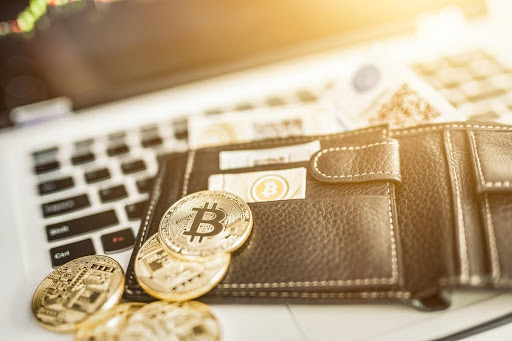A report from GlobeNewswire states that the cryptocurrency market grew to a value of $364.5 billion in 2020. Even more startling is the estimate of a 60.8% compound annual growth rate from 2021 to 2026.
As a result of this historic rise in value, cryptocurrencies have also attracted more attention from governments. In particular, regulators are even more concerned about advancing anti-money laundering compliance laws.
The rise of ransomware attacks in 2021 especially brought more focus to AML policies. If you own cryptocurrencies, these laws may change how you think about those investments.
If you’re giving strong consideration to AML regulations, this information may prove invaluable. Discover the facts you need to make these decisions by weighing the facts in the paragraphs below today.
National Defense Authorization Act
In January 2021, the U.S. Senate passed the National Defense Authorization Act into law. Crucial regard for this legislation to crypto fans is its addition of the Anti-Money Laundering Act of 2020.
As reported by the National Law Review, new AML rules in this act require businesses to keep digital currency records. In addition, awards are available to whistleblowers that report illegal activity.
FATF Red Flag Indicators
An asset for creating cryptocurrency laws today is a report from the Financial Action Task Force in Europe. In 2020, this organization named general red flags of money laundering.
This document represents the study of 100 case studies. Any updates from the FATF in the years to come may rely heavily on its contents. If you’re unaware of this landmark document and its fallout, you may miss trends that will change the value of your wallet.
Operation Hidden Treasure
The IRS launched Operation Hidden Treasure in 2021 to catch people who do not report crypto income. Consequently, the likelihood of finding illegal activity is part of this new effort.
Anyone using wallets or a Bitcoin ATM network should take note to avoid catching unwanted attention. Other agencies around the world will launch similar efforts that may spook the marketplace.
Binance Demands Stricter Background Checks
In total, buying crypto is more like jumping into the Wild West than well-worn territory. The Binance exchange now demands stricter background checks in response to this status.
Reporting from Reuters in August 2020 brought this activity to the world’s attention. According to the news agency, Binance took this step to improve its efforts after receiving pressure from regulators. As the market grows, investors should take note of related activity in the future.
Do You Need More Information About AML Policies?
Understanding these trends and how they change AML policies is crucial for any crypto believer to understand. Increased focus from tax agencies, policy responses, and new U.S. laws will continue to change the landscape. Even so, how can you learn more or keep up with the latest as it happens?
You don’t have to look any further than this blog for the information you need to make solid investment decisions. Take a look at more crypto laws and bookmark this site before you leave today!










